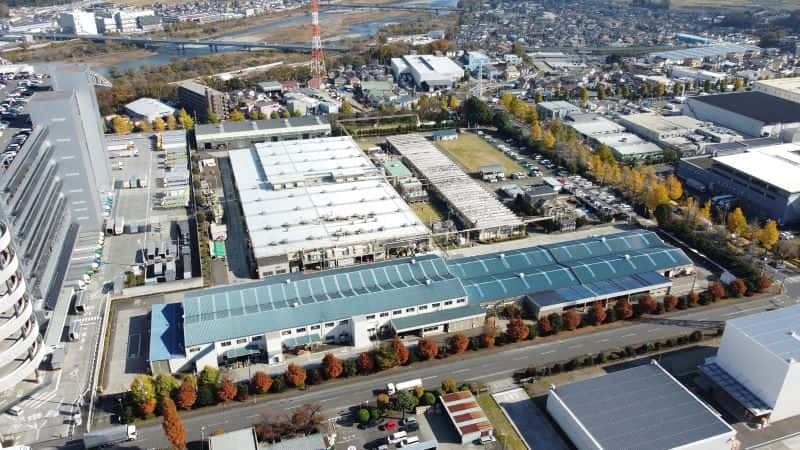FUSO's Kawasaki and Nakatsu Plants Shift Electricity Supply to Renewable Electricity

Mitsubishi Fuso Truck and Bus Corporation (MFTBC) announces that its Kawasaki Plant (Kawasaki City, Kanagawa Prefecture) and Nakatsu Plant (Aikawa Town, Aiko County, Kanagawa Prefecture) have effectively shifted all electricity supply to renewable electricity (electricity derived from renewable energy) from October 2022.
MFTBC has been a pioneer in bringing sustainability to transportation, with vehicles such as the “eCanter”, the first mass-produced electric light-duty truck in Japan. The next-generation model of product will be launched in the spring of 2023, contributing to the company’s aim of transitioning its product portfolio to locally CO2-neutral offerings by 2039 in the triad markets. Additionally, MFTBC is also working towards the goal of achieving CO2-neutrality in its production sites by 2039.
So far, the Kawasaki Plant, which manufactures trucks and industrial engines, and the Nakatsu Plant, which produces vehicle components, has already realized in 2021 a reduction in CO2 emissions by about 20 percent compared to 2015 levels. In March 2022, MFTBC further completed the installation of solar power generation panels covering approximately 9 000 square meters at the Kawasaki Plant. Furthermore, CO2- neutrality at the Tramagal plant in Portugal, which produces the light-duty truck “Canter” for Europe, will be achieved by the end of 2022.
As part of this initiative, from October 2022, the electricity contracts of the Kawasaki Plant and the Nakatsu Plant have been switched to a plan that includes RE100-compliant FIT non-fossil energy certificates with tracking and non-fossil energy certificates designating renewable energy . As a result, MFTBC has effectively achieved neutrality in CO2 emissions from electricity sources at both plants.
Moreover, Mitsubishi Fuso Bus Manufacturing Co., Ltd. (Head office: Toyama City, Toyama Prefecture, President: Kaichiro Fujioka), which is a wholly-owned subsidiary of MFTBC and manufactures buses, will also shift to renewable electricity through similar changes in supply contracts and the promotion of internal measures such as the introduction of on-site solar panels.
Daimler Truck AG, the parent company of MFTBC, aims to achieve CO₂-neutral production in all plants and business units worldwide by 2039. All European sites will already be CO₂-neutral by the end of this year, partly by sourcing electricity from renewable sources such as solar, wind and hydroelectric power.